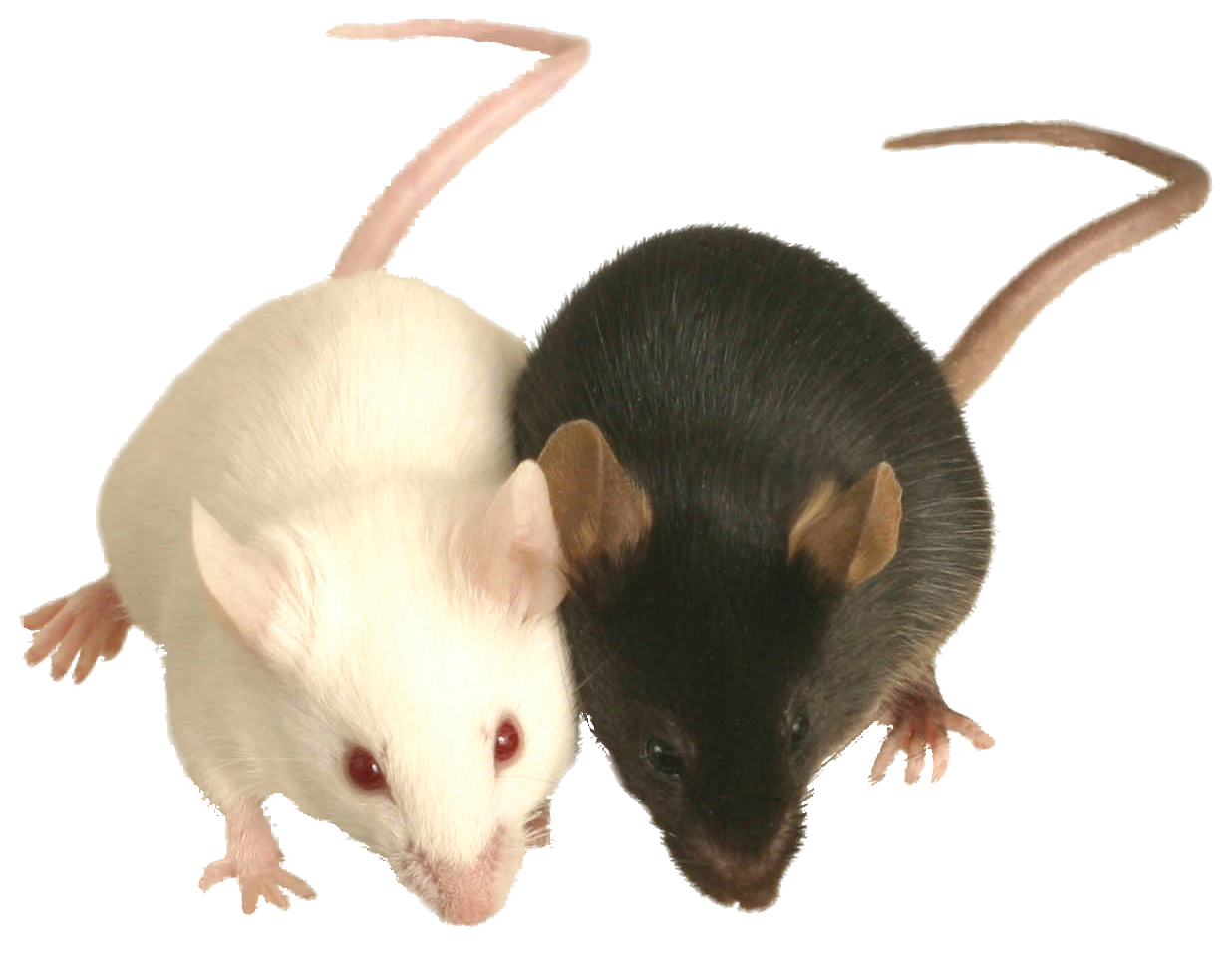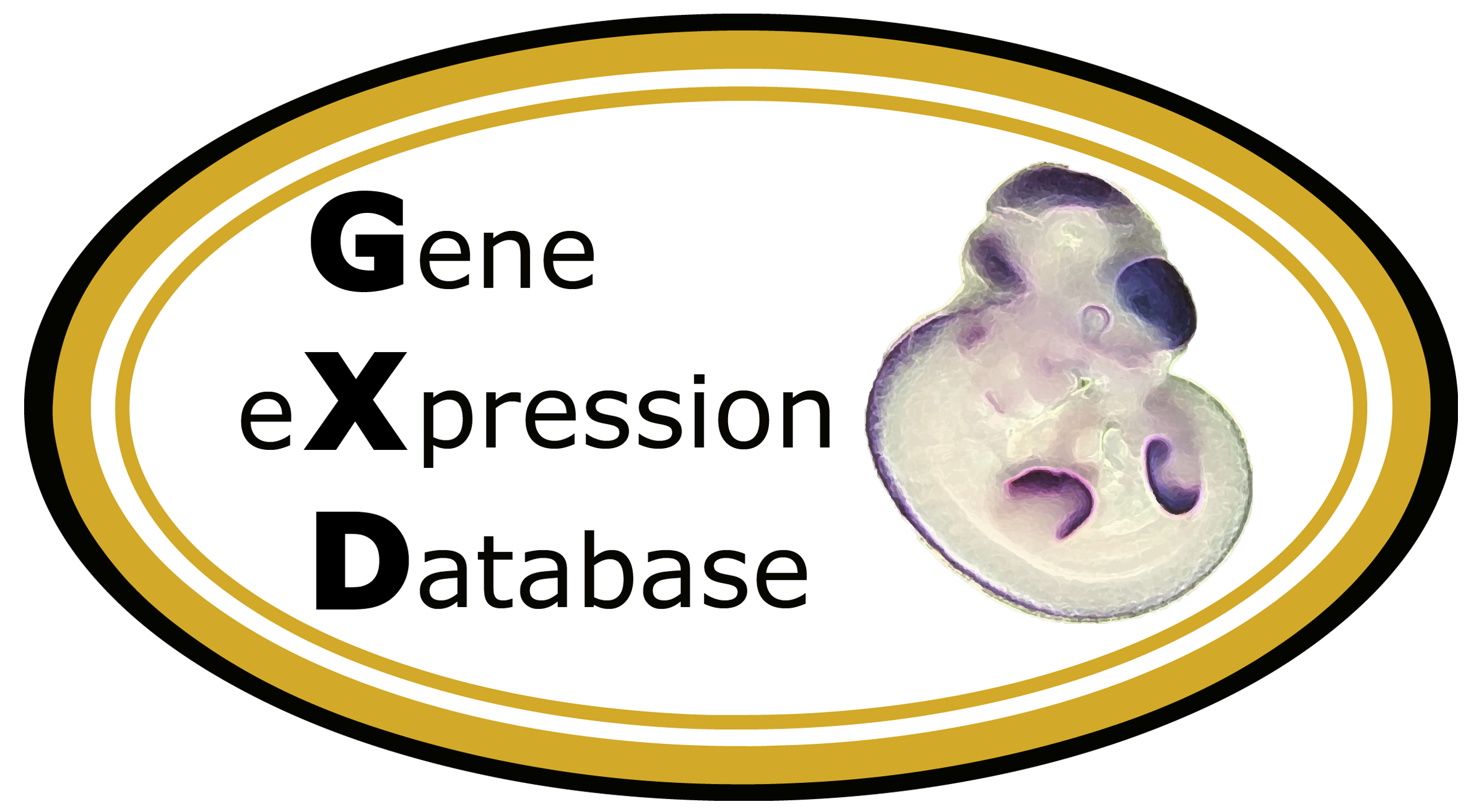|
Lore5 |
Chr15, syntenic |
Chr15:40019441-58022297 |
J:105312 |
Candidate genes for ethanol sensitivity QTL Lore1 (loss of righting induced by ethanol 1), Lore2, Lore4, and Lore5 were identified using Affymetrix gene microarray analysis. RNA from the cerebella of male animals from inbred strains LS and SS were hybridized to 2 different sets of Affymetrix gene chips and analyzed for gene expression differences. The inbred strain LS exhibits increased alcohol sensitivity compared to SS. A total of 15 candidate genes were identified, 4 of which have polymorphisms between LS and SS.
Xrcc5 (42 cM) was identified as candidate gene for Lore1 (54 cM) on mouse Chromosome 1. Xrcc5 exhibits 2.5-fold increased expression in the SS inbred strain compared to the LS inbred strain. In addition the human ortholog XRCC5 is also associated with ethanol-induced loss of righting response.
Pcsk2 (81.4 cM), Slc22a4 (28 cM), and Rassf2 were identified as candidate genes for Lore2 (85 cM) on mouse Chromosome 2. Pcsk2 and Slc22a4 exhibit 2.9-fold and 2.4-fold increased expression in LS compared to SS, respectively, whereas Rassf2 exhibits 2.4-fold increased expression in SS compared to LS. Two polymorphisms were detected in the promoter region of Slc22a4, one of which disrupts a putative SP-1 transcription factor binding site in the SS sequence. In addition, the human ortholog SLC22A4 is associated with ethanol-induced loss of righting response in humans. Six polymorphisms were detected in the Rassf2 promoter, two of which disrupt putative SP-1 transcription factor binding sites in the SS sequence.
Myo1d (46 cM), BG075643 (a cDNA clone), Ebf1 (20 cM), Stx8, Tax1bp3, and Tnfaip1 (45 cM) were identified as candidate genes for Lore4 (49 cM) on mouse Chromosome 11. Myo1d and BG075643 are expressed 6.2-fold higher in LS compared to SS strains.Ebf1 is expressed 2.1-fold higher, Stx8 is expressed 2-fold higher, Tax1bp3 is expressed 2.2-fold higher, and Tnfaip1 is expressed 2-fold higher in SS compared to LS strains. The Stx8 promoter sequence has 2 polymorphisms between LS and SS, and the Tax1bp3 promoter sequence has 4 polymorphisms, one of which results in disruption of a putative NF-kB transcription factor binding site in the LS strain.
Cthrc1, Krt2-8 (58.9 cM), Lgals2, Scrt1, and Atf1 were identified as candidate genes for Lore5 (46 cM) onmouse Chromosome 15. Atf1 is expressed 2-fold higher in SS compared to LS strains. Cthrc1 (3.2-fold), Krt2-8 (2.3-fold), Lga1s2 (2-fold), and Scrt1 (2.4-fold) are expressed higher in LS compared to SS strains.
|
 Analysis Tools
Analysis Tools




